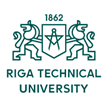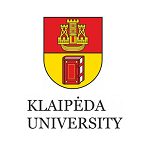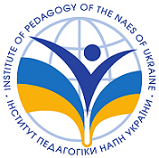Nomads in Lifelong learning. The educators.
##manager.scheduler.building##: Rezekne Academy of Technologies
##manager.scheduler.room##: 217
Last modified: 13.02.2018
Abstract
The concept of nomad is most broadly used to describe a person or a group of people who do not have a fixed residence, but move from place to place usually seasonally and within a well-defined territory. I. Semetsky, D. R. Cole, St. Pierre and others followed the ideas of philosophers G. Deleuze and F. Guattari and used the concept of nomads to interpret processes in the educational field. According to D. R. Cole, nomads come to the educational system from outside. They decide to call themselves educators and start organizing the educational process, but in order to do that they need approval from the community (2015, p. 84-85). This presentation introduces a qualitative study that was conducted in Lithuania by interviewing the educators who work in the field of non-formal education, which is the main force for implementation of the Lifelong learning strategy. The aim of the study was to learn about the movement of nomads in the field of non-formal education that is not marked by rules or regulations, to know how the nomads enter the territory of non-formal education, how they gain approval for their activities and how by their non-regulated activities they are changing the territories of education.
Keywords
References
Cole, D. R. (2015). Inter-collapse … Educational Nomadology for a Future Generation. Deleuze and Guattari. Politics and Education: for people yet to come. Carlin, M., Wallin J. (ed.) New York: Bloomsbury Academic.
Semetsky, I. (2006). Deleuze, Education and Becoming. Rotterdam / Taipei: Sense publishers.
St. Pierre, E. A. (2016). Deleuze and Guattari’s language for new empirical inquiry. Educational Philosophy and Theory. DOI: 10.1080/00131857.2016.1151761








